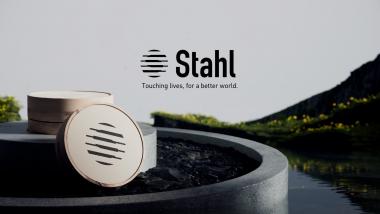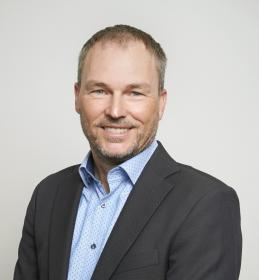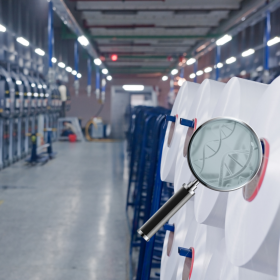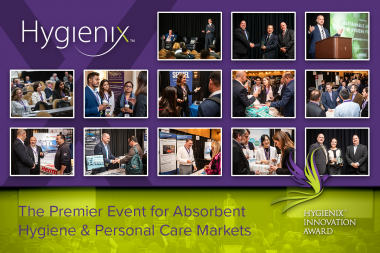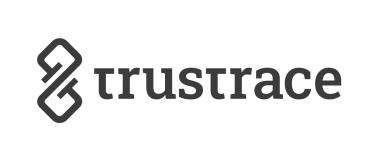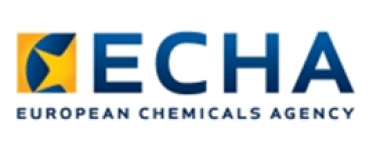Stahl: New visual brand identity
Stahl, a leader in speciality coatings and treatments for flexible substrates, announces the launch of its new visual brand identity, marking an important step in Stahl's strategic journey.
This transformative initiative marks the next step in Stahl's strategic journey, aligning the company’s visual brand identity with its purpose and strategic direction. In recent years, Stahl has been evolving its positioning and offering to meet the changing needs of its customers and markets and to drive the next phase of its growth. In particular, the rebranding project follows the recent acquisition of Stahl Packaging Coatings (formerly ICP Industrial Solutions Group) as well as the launch of Stahl’s new purpose: Touching lives, for a better world. The purpose encapsulates the company's commitment to making a positive impact on the world, reflecting not only Stahl’s proud heritage, but also its future influence as a leader in speciality coatings and treatments for flexible substrates.
Stahl has also introduced a new colour palette to help visualise and differentiate its activities and its approach to sustainability and other strategic topics.


